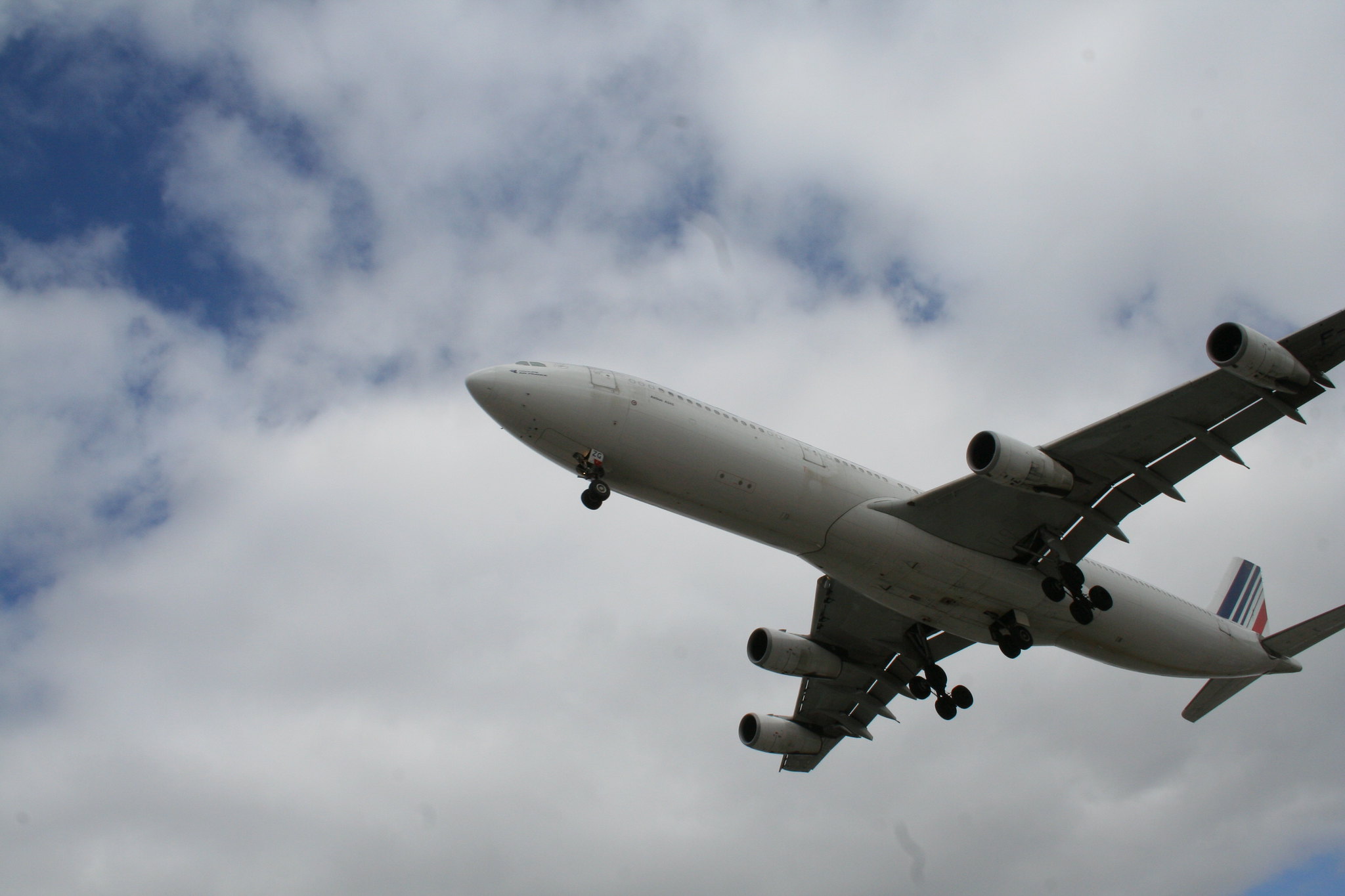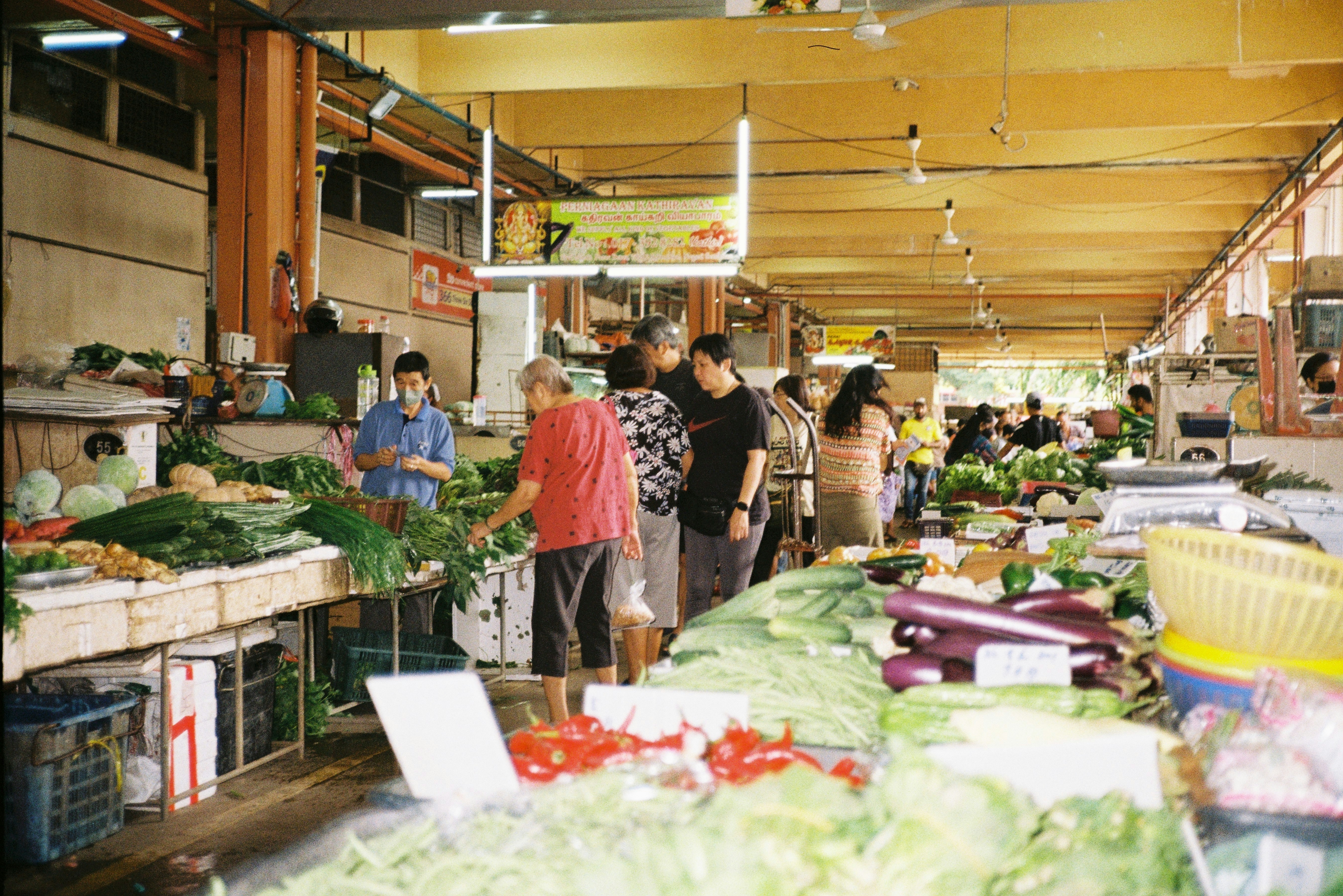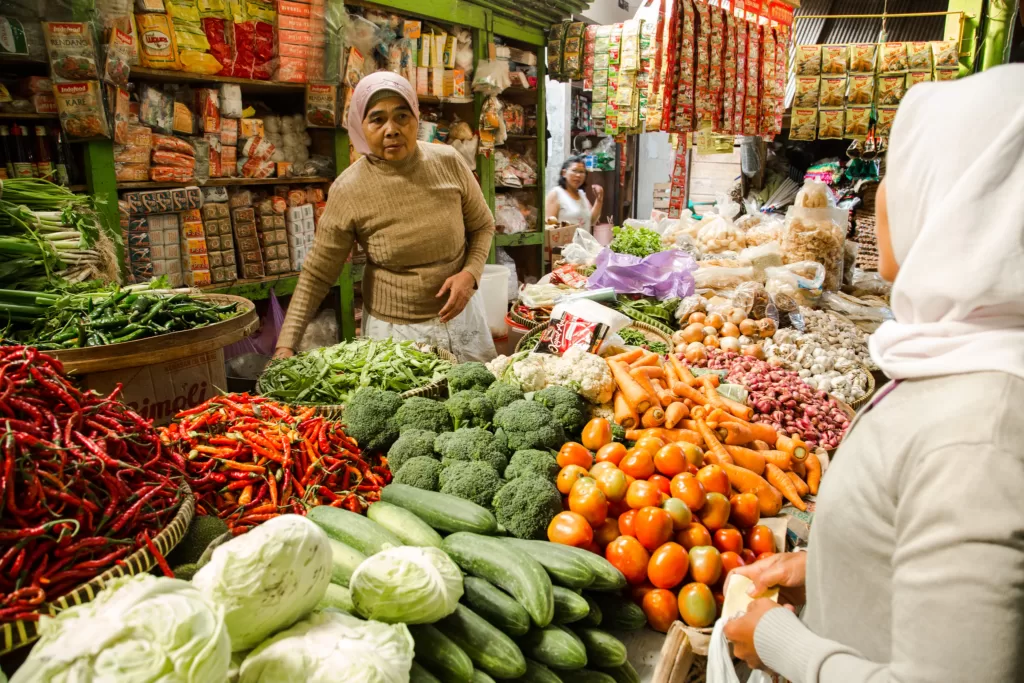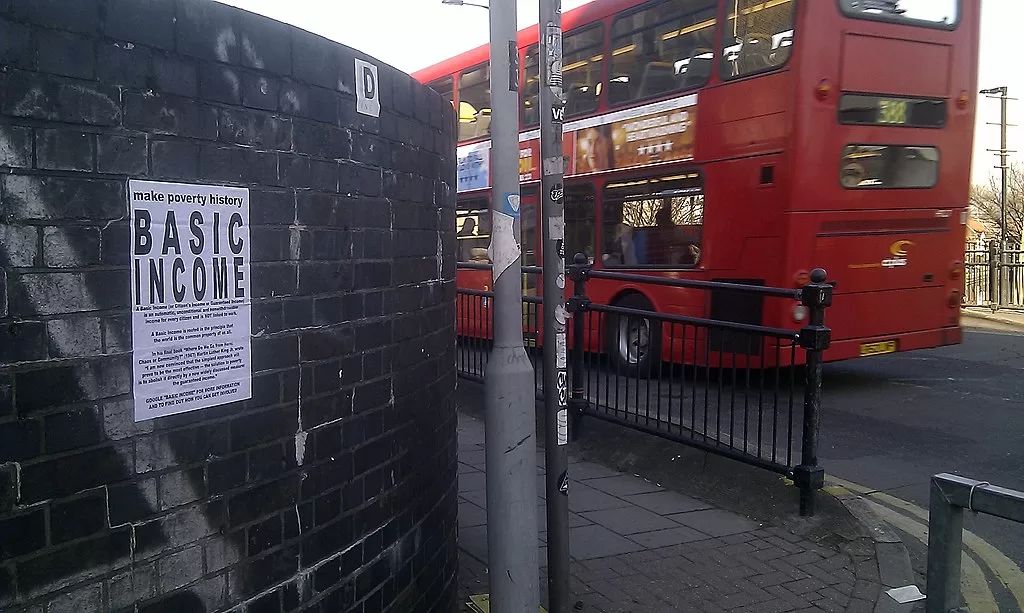We use cookies to improve your experience with Monash. For an optimal experience, we recommend you enable all cookies; alternatively, you can customise which cookies you’re happy for us to use. You may withdraw your consent at any time. To learn more, view our Website Terms and Conditions and Data Protection and Privacy Procedure.
Cost of living challenges cut deep
Published on May 2, 2024Flights, fuel and eggs are among the top issues for internet users in the cost of living crisis. Policy interventions are coming, but it won't fix everything.
 The cost of living crisis is hitting practically every sector. : Michael Joiner, 360info CC BY 4.0
The cost of living crisis is hitting practically every sector. : Michael Joiner, 360info CC BY 4.0
Flights, fuel and eggs are among the top issues for internet users in the cost of living crisis. Policy interventions are coming, but it won’t fix everything.
Dinner table conversations about the cost of living crisis have shifted from casual complaints to genuine lifestyle-altering concerns.
Household budgets are under pressure when it comes to everything from groceries and housing to healthcare and transportation. This has many wondering why basic necessities have become so expensive.
Recent data from Google indicates that across the globe, people are searching for answers. In 2023, cost of living related searches were higher than ever before.
With queries ranging from “why are eggs so expensive” to “why are Apple products so expensive” there is a growing sense that economic doldrums are pervading every aspect of daily life, leaving people grappling with stretched budgets and limited purchasing power.
For Australians, the affordability of flights has become a dominant search term. It’s not an issue that seems likely to disappear, as pressures on the price of fuel seem set to stay.
Despite signs that inflation is slowing down in Australia, prices are still too high to meet the needs of the population.
Australia’s Treasurer Jim Chalmers has indicated that the upcoming federal budget will provide some relief, but for many feeling undernourished, stressed and overworked, the remedy may be too late.
Soaring healthcare fees raises questions about equity in a sector already burdened by racialised practices and colonial history. Financial instability and health are also cyclically related: medical issues make it harder to earn money, and financial challenges cause stress and anxiety.
Women are often the shock absorber of poverty and are disproportionately affected by financial strain. A report by the EU commission states that “women are more likely to have accumulated less wealth and earn wages that do not keep pace with inflation.” Unless there is an intersectional policy approach, we risk further entrenching an already stark divide.
Coupled with climate change, populism, and international conflict, this perma-crisis will induce us to reimagine our attitudes towards value. But for now, it seems that cost-of-living pressures will continue to dominate our thinking. Searching for the good life is a luxury few can afford.
















